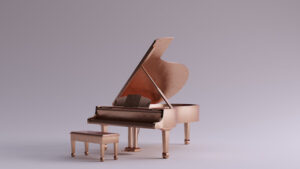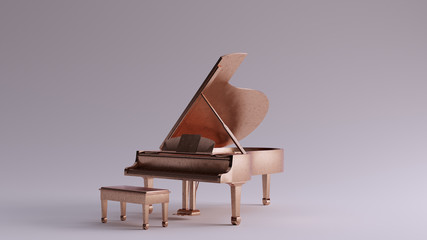You should always shop around if you want to buy piano movers for a move. However, before you start shopping, it would be good to know some basic information about the different types of piano moving that are out there. This way, you can get an idea of the services offered and the costs involved.
 Make sure that the movers you hire know the risks associated with transporting your musical instrument and the risks involved in transporting other fragile items, such as fragile paintings or antique records. If a piano is fragile, it is best to have a professional expert at https://pianomoverscharleston.com/ inspect it before the move is made. Even if the piano is heavy, it is advisable to avoid sudden movements while transporting it.
Make sure that the movers you hire know the risks associated with transporting your musical instrument and the risks involved in transporting other fragile items, such as fragile paintings or antique records. If a piano is fragile, it is best to have a professional expert at https://pianomoverscharleston.com/ inspect it before the move is made. Even if the piano is heavy, it is advisable to avoid sudden movements while transporting it.
Your precious instrument’s safety depends on the company you hire. The first and most basic things you need to know about are the materials used. Most importantly, the piano movers you hire must be insured against damage, theft, accidental breakage, and all other damages.
Another very important thing you must know is that piano movers must always take proper precautions when packing your precious instrument. Packaging it correctly is the best way to avoid damage to your prized instrument. This means that they must wrap and store your musical instrument in such a way that it won’t become damaged. All that matters is that you can always contact the company if you have any questions.
You will want to ensure that the movers you hire have a good insurance policy. If the movers break down during a move, your instrument could be damaged. Piano movers that do not have good insurance coverage should not even consider dealing with you.
In addition, you need to make sure that all the moving boxes that you will use during the move are properly packed. Do not allow them to get too heavy or too small. Make sure that the boxes are placed tightly inside the moving van. If this is done, you’ll be assured that your moving experience goes smoothly.
Piano movers that offer a moving service also provide storage service for your musical instrument during the move. In some cases, they will even provide you with a large container to store your musical instrument until it is ready to be moved. If this is the case, you should also ask for their professional advice regarding storing your instrument. This way, they can ensure that it will not be damaged.
Good piano moving companies also offer to transport your instrument from one place to another. If you want to have them perform this service, make sure that you let them know about the details of your needs so that they will know how to pack and load the instrument safely and securely.
Before you decide on the type of service you would like from them, make sure that they have a license to operate a moving company. And last but not least, you need to find out what kind of warranty they offer. This will ensure that you will be protected should the moving company fail to do its job well. If they don’t offer you any guarantee, you should look elsewhere for the same.
Piano movers are experts at moving musical instruments from one place to another. However, they must also be aware of the different risks involved with moving these instruments. For instance, there is the risk of damaging your instrument in transit and the risk of transporting it through an area where there is a shortage of space. Some people even have a risk of damaging their instruments in transit.
Once you’ve hired the movers, make sure that you check the movers thoroughly. Ask to see photos of their moving truck and the trailer they will use during the move. The more photos you have, the easier it will be to assess the safety of the move. Do not let your imagination run away with you.
Once everything is in order and your instrument has been transported to the new location, you must allow the moving company to set everything up. Make sure that everything is arranged according to your specifications. After all, it’s not only your safety that need to be protected, but that of your instrument as well.
